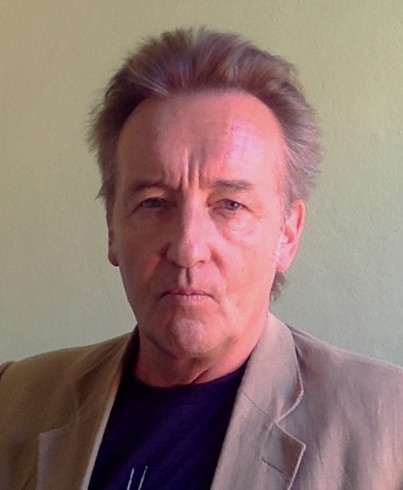From Strategic Culture
The extraordinary war of words erupting between Turkey and the European Union is pushing already strained relations to breaking point. Ankara has banned all Dutch diplomats from its territory after the Netherlands banished Turkish ministers from holding political rallies, while deploying heavy-handed policing to break up the rallies.
Now with the rest of the EU expressing solidarity with the Netherlands and Ankara threatening more sanctions, or even walking away from a controversial refugee-holding deal with the bloc, the political schism seems set to become an irreparable chasm. For sure, the long-delayed talks over Turkey's accession to the EU bloc can be said to be finished. Forever.
The Turkish government has dismissed calls by EU foreign policy chief Federica Morgherini for restraint in the escalating row, saying that such appeals were worthless. Turkish President Recep Tayyip Erdogan double-downed on his invective attacks by labeling German Chancellor Angela Merkel a supporter of terrorism.
Earlier, Erdogan and several of his government ministers had slammed the Netherlands and Germany as Nazi remnants and fascists. Both Dutch prime minister and Germany's Merkel responded angrily, denouncing Ankara's inflammatory rhetoric and demanding an apology.
Erdogan then went even further with inflammatory rhetoric. He accused Dutch UN peacekeepers of complicity in the Srebrenica massacre in 1995, when some 8,000 Bosnian muslim men were killed by Serb forces.
In truth, it is hard to feel sympathy for either side in this spat. It's a case of plague on both houses.
For Erdogan and his ruling Justice and Development Party (AKP) to castigate EU members as a Banana Republic and fascist is beyond irony.
Since the failed coup in Turkey last July, the Ankara government has embarked on a wave of repression, sacking over 100,000 civil servants, judges, academics and journalists. Up to 150 media outlets have been shuttered and some 90,000 suspected coup supporters detained in Turkish prisons.
Erdogan is fast turning Turkey into a one-party state ruled with an iron fist. In a referendum to be held next month, on April 16, his ruling party is pushing for a constitutional change to give greater powers to the presidency. It is part of a drift towards Erdogan assuming dictatorial powers.
So for the staunch Islamist and autocratic Erdogan to label the EU as fascist is like the pot calling the kettle black.
But, as usual, the Turkish leader thrives on polarization. His brandishing of the nationalist and Islamist card in the bust-up with the EU is designed to drum up support at home for the referendum to grant him more centralized powers. Polls indicate that up to recently, most Turks were opposed to granting any constitutional change. But by whipping up public anger against the EU over its seemingly anti-Turkey, anti-Islamic stance, Erdogan is mobilizing chauvinistic support in the referendum for his cause.
Turks who are not backing his desired constitutional amendments can be maligned as unpatriotic or on the side of terrorists. Erdogan claims that the new powers will give him a freer hand to wage war against Islamic State terrorists in Syria, as well as Kurdish separatists belonging to the outlawed Kurdish Workers Party (PKK) and their Syrian affiliates (YPG).
This kind of reasoning lies behind the political rallies that the Turkish government has tried to organize across Europe. There are some 5.5 million Turkish expatriates living in Europe, with major population clusters in Germany, Netherlands, Belgium, Austria and Switzerland. In Germany alone, there are 1.4 million Turkish nationals who are eligible to vote in the forthcoming referendum in Turkey. This significant constituency could be decisive in swinging the referendum vote in Erdogan's favor.
However, European governments have lately moved to ban political rallies on their streets addressed by Turkish politicians in support of Erdogan's cause.
(Note: You can view every article as one long page if you sign up as an Advocate Member, or higher).






